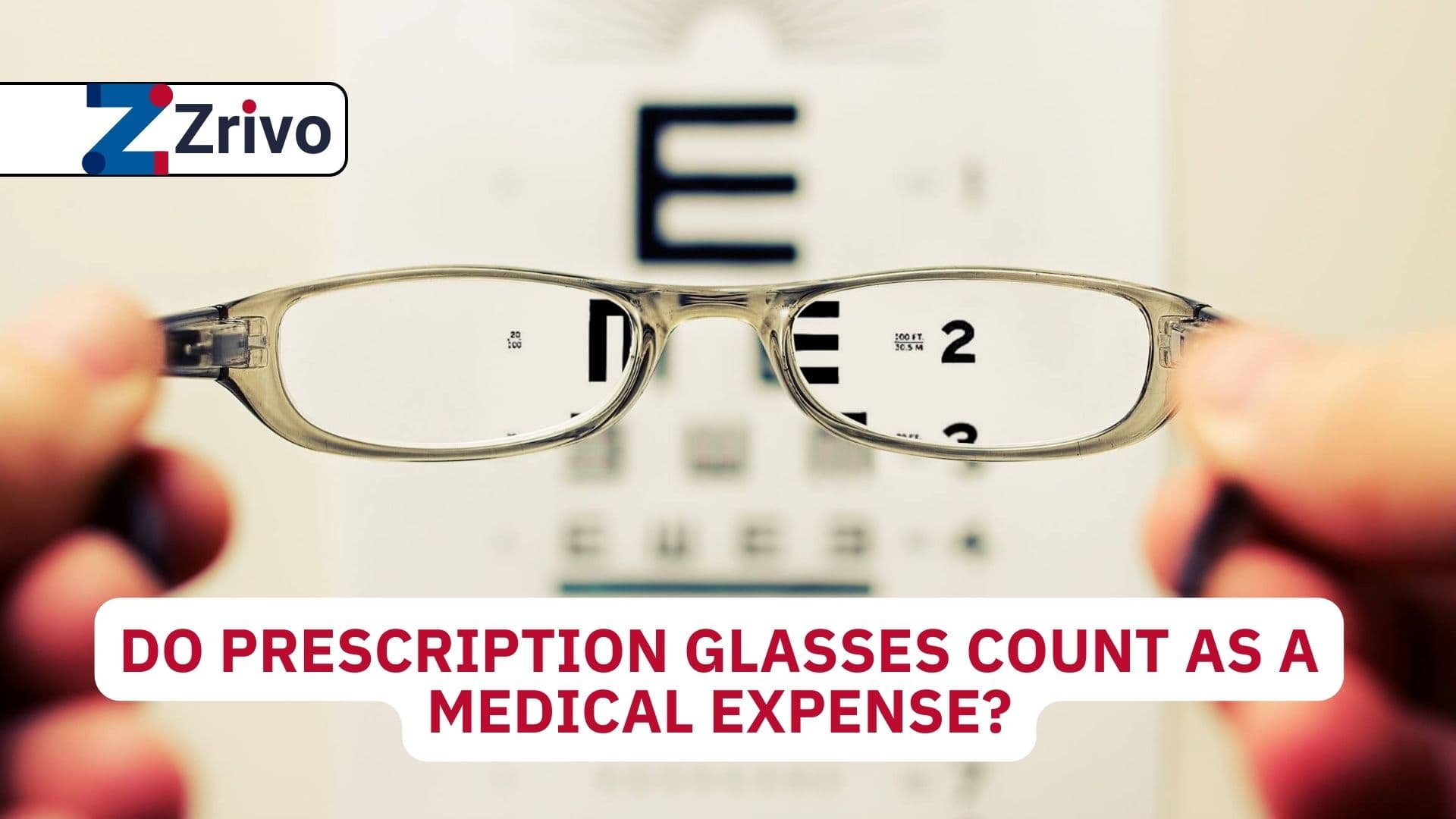
Yes, prescription glasses do count as a medical expense under IRS guidelines. The cost of prescription glasses, along with related expenses such as eye exams and contact lenses, qualifies as a deductible medical expense. However, there are specific conditions you must meet to claim this deduction. For example, your total medical expenses—including the cost of your glasses—must exceed 7.5% of your adjusted gross income (AGI) for the tax year. Additionally, you need to itemize your deductions on Schedule A of your tax return instead of taking the standard deduction.
Prescription glasses are considered medically necessary devices because they correct vision-related issues like myopia (nearsightedness), hyperopia (farsightedness), astigmatism, and presbyopia. This makes them eligible for tax deductions under the category of medical expenses.

How to Deduct Prescription Glasses as a Medical Expense?
If you want to deduct the cost of your prescription glasses on your taxes, follow these steps:
- Itemize Your Deductions: To claim medical expenses, including prescription glasses, you must itemize deductions on Schedule A of Form 1040. This means you’ll forego the standard deduction.
- Meet the AGI Threshold: Your total unreimbursed medical expenses must exceed 7.5% of your AGI. For example, if your AGI is $50,000, only expenses above $3,750 can be deducted.
- Keep Documentation: Retain receipts for the purchase of prescription glasses and any related medical services like eye exams. These documents will serve as proof if the IRS requires verification.
- Include Related Expenses: Don’t forget to include other qualifying vision-related expenses, such as:
- Contact lenses and cleaning solutions
- Eye exams
- Prescription sunglasses
- Mileage to and from medical appointments
By carefully tracking and documenting these costs, you can maximize your potential deduction.
Other Vision-Related Medical Expenses That Qualify
In addition to prescription glasses, the following vision-related expenses may also be deductible:
- Eye surgeries (e.g., LASIK or cataract surgery)
- Prescription eye drops
- Corneal transplants
- Glaucoma treatments
- Vision insurance premiums (if paid out-of-pocket)
These expenses can be combined with other qualifying medical costs to help you meet the AGI threshold for deductions.

When Prescription Glasses Don’t Qualify
While prescription glasses generally qualify as a deductible medical expense, there are exceptions:
- Cosmetic Use: Glasses purchased purely for aesthetic reasons (e.g., non-prescription fashion frames) are not deductible.
- Reimbursed Costs: If an employer or insurance plan reimburses you for the cost of your glasses, you cannot claim them as a deduction.
- Standard Deduction Users: If